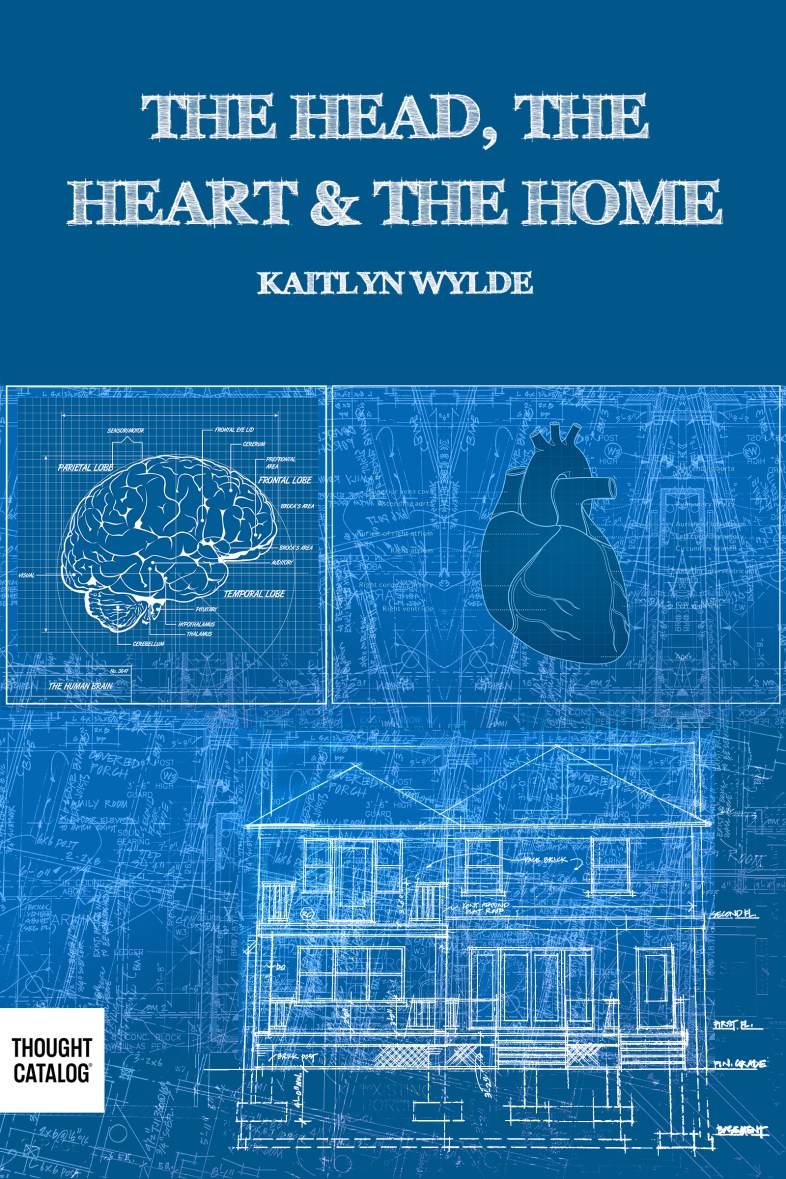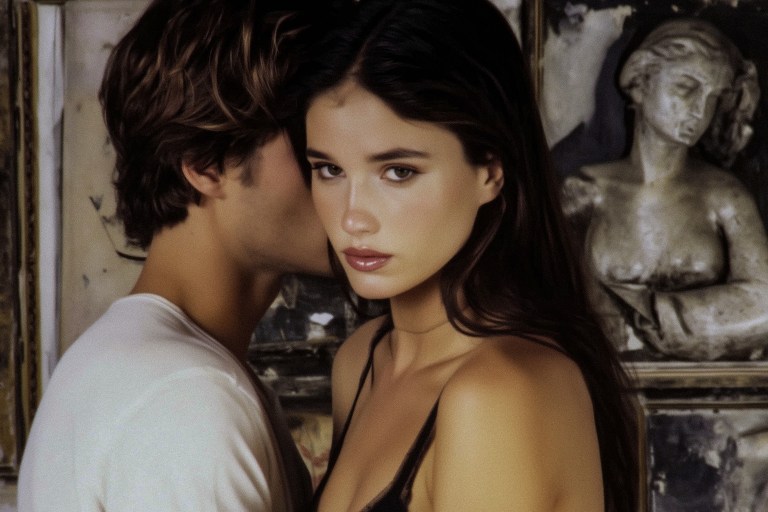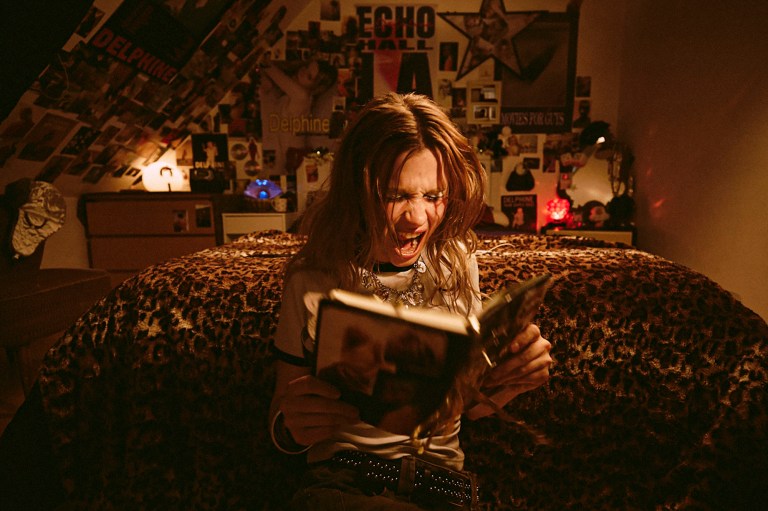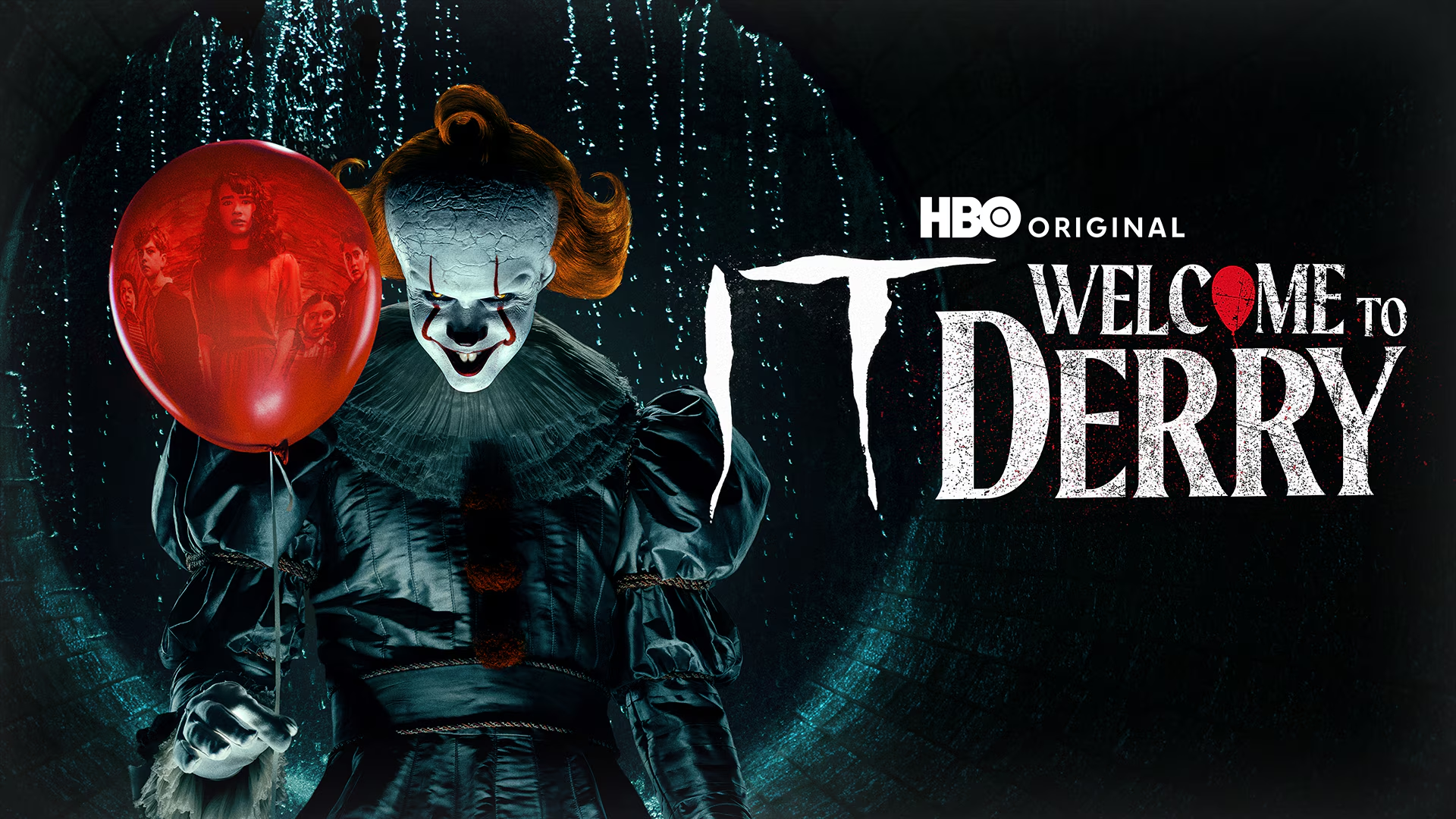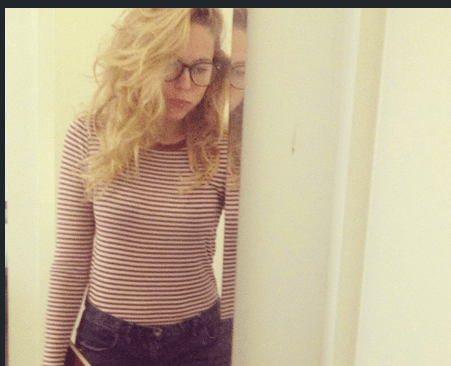
What Your Selfie Says About You
If your hair is messy, you’re probably trying to say: I look really cute in this picture and by poking fun at my hair and I get away with posting this selfie without being “that girl”.
The information we share with our social media networks is mostly subtext.
It’s the lifestyle you want to lead, but don’t lead, really. It’s the attitude you want to have, but don’t have, really. You might have heard recently that the American Psychiatric Association released research that linked selfies to a mental disorder. Maybe you saw this excerpt on your newsfeed:
“The disorder is called selfitis, and is defined as the obsessive compulsive desire to take photos of one’s self and post them on social media as a way to make up for the lack of self-esteem and to fill a gap in intimacy.”
And you probably believed it, because in the same way you love to hate other people’s feeds, you know your feed is guilty, too. The truth is, there is no evidence that supports this notion. There isn’t even any research in progress. The article was a hoax and its blind reception turned out to be more interesting than the hoax, itself.
We all know that every photo and every caption we share is extremely calculated. We know that getting likes makes us feel validated and loved. It affirms our existence. It celebrates our efforts and it makes us feel better about being ourselves, even if we know we are nothing like our online personas. On the other hand, we know that a picture with too few likes can be devastating, embarrassing and incredibly detrimental to our feelings of self worth, or lack thereof. While our accounts only exist online, the emotional and psychological effects are very much alive, offline.
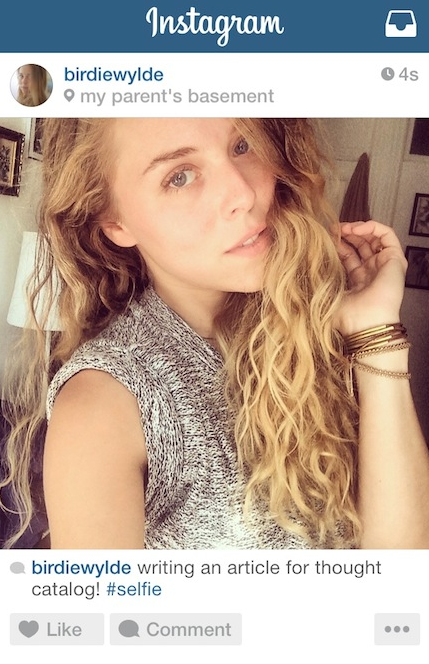
Did you ever wonder what the actual purpose of Instagram is? What the creators envisioned? According to their mission statement, it is “To capture and share the world’s moments.” That makes enough sense to me. It’s a novel idea to create an authentic community in a safe space to share the human experience. A place to share our lives and be a voyeur in the lives of others.
So, how did this novel concept of sharing honest and informative content turn so deeply inward? Is the truth that we care less about a home run, a first step or a trip to the Stonehenge, than we care about how well our duck-faces are received? When I think about Instagram’s mission statement, I imagine snapshots and candids, the best way to capture something that is actually happening. When you stage a selfie, you’re building an artificial moment to say something dishonest. You’re self-editing. I mean, really, how often do you find yourself lying in bed in the morning and think to yourself, “this is a special and meaningful moment that is happening with or without my iPhone on reverse view”?
So as not to be accusatory or judgmental to those of you who believe your social media feeds to be genuine reflections of the people you are, I’ll embarrass myself. Let’s go over a few common photos that I am certainly guilty of and decode them.
Lying in bed. “I woke up like this”
If your hair is messy, you’re probably trying to say: I look really cute in this picture. By poking fun at my hair, I get away with posting this selfie without being “that girl”.
(If you look great, you’re shamelessly bragging.)
You mean to say: “I look this pretty without any make up on… This is what you could wake up next to.”
Be real — you’re insecure about your natural beauty so the validation of a well-liked morning shot will make you feel better, for a few minutes.
A group shot of friends. “So grateful to have such amazing friends. #blessed”
There’s a line of you, arms woven over each others’ shoulders, everyone’s smiling—you didn’t even bother to check if anyone else looks okay in the photo.
What you mean to say: “People like me, so you should, too.”
Be real — you’re tying to shape your image, you’re trying to exude like-ability.
Home cooked food. “Just a little wild Alaskan grilled salmon with quinoa and asparagus from the farmers market.”
There is a plate with a meticulously arranged meal, illuminated by a nearby candle. “I’m healthy, functional, and look what a good homemaker I’ll be.”
Be real — you slaved over that meal for the sake of that photo and now it’s cold because you’ve been trying to take the perfect picture before touching it.
Yoga pose. #namaste.
You’re doing the dancer pose with a friend, your doing a headstand on the beach. Regardless, you’re not wearing a lot of clothes.
What you mean to say: “That’s right, I’m flexible, I care about my body and yes, I can do that in bed.”
Be real — downward dog is not bed-friendly, you’re showing off your body. You’re demanding attention.
Vintage pictures of parents #tbt
You know, your mom pre-motherhood or your dad with long hair.
What you mean to say: “I have great genes, our kids will be beautiful.”
Be real — no man is putting two and two together.
Selfie to describe an activity that you can’t see: “Listening to Sam Cooke, drinking red wine, perfection.”
It’s a close-up of your face, with a staged expression and probably great cheek-bone lighting. “I’m beautiful even when I’m just hanging at home. And look, all these other people think so, too.”
Be real — you like how you look and can’t bear not to be validated. A little bit of attention will help ease the loneliness.
Landscapes: “Not a bad view.”
Open fields, misty woods, empty beaches.
What you mean to say: “I get out of the house! I want you to think that I’m thoughtful and well rounded. I stop to smell the roses.”
Be real — you’re just trying to hide the fact that you spend most of your time inside, online.
Trapeze, zip line, skydive: “Sunday Funday”
You’re swinging from something upside down.
What you mean to say: “I’m a lot of fun! I’m adventurous and you could have fun with me, too. But! I’m not even thinking about you!”
Be real — you’d be very disappointed if someone didn’t capture this shot for you to share. And you’re thinking about him.
Night out “Girls night”
It’s dark so theres flash bouncing off your foreheads and at least one person is in red lipstick.
What you mean to say: “Look at me, I’m wearing a short skirt and surrounded by men and not even thinking about you!”
Be real — you’re checking your phone for a text non-stop, having zero fun.
Bag inventory: “Essentials”
A perfectly staged scattering of neat, clean, cool stuff.
What you mean to say: “I don’t carry around make up so I’m low maintenance. I have a book, I’m smart. Oh that’s my crystal, I’m spiritual. No perfume for me, essential oils only, I’m a natural goddess.
Be real — everyone knows every woman’s bag is filled with faded receipts, melted gum, filthy coins, a rolled up Us Weekly from 2010 and loose tampons.
Are we aware of the language barrier that stands between the cries of our self esteem and the output of our social media profile?
Just as an experiment, really ask yourself, what you really mean the next time you post a picture? What are you really trying to say? To who? Why?
What if you had to dig a level deeper, past the literal translation and consider the psychological influence. Behind that Mayfair-filtered pout, and the caption with mention of the rain, what you mean is you want him to come over and join you. What you feel is insecure and scared of being rejected, so rather than being direct and asking him, you just put it out there, indirectly.
What if, instead of staging a night out to make someone jealous, you confronted your insecurity about that person’s feelings for you and talked to them about it. You know, the old fashioned way. With your mouth. With words that reflect truths. Without showing your network one more picture of a girl who isn’t you, in a life that isn’t yours with a caption that you don’t mean. What would our feeds look like then? Food for thought #eeeeeats. ![]()
Check out Kaitlyn’s new book, THE HEAD, THE HEART & THE HOME, here.
